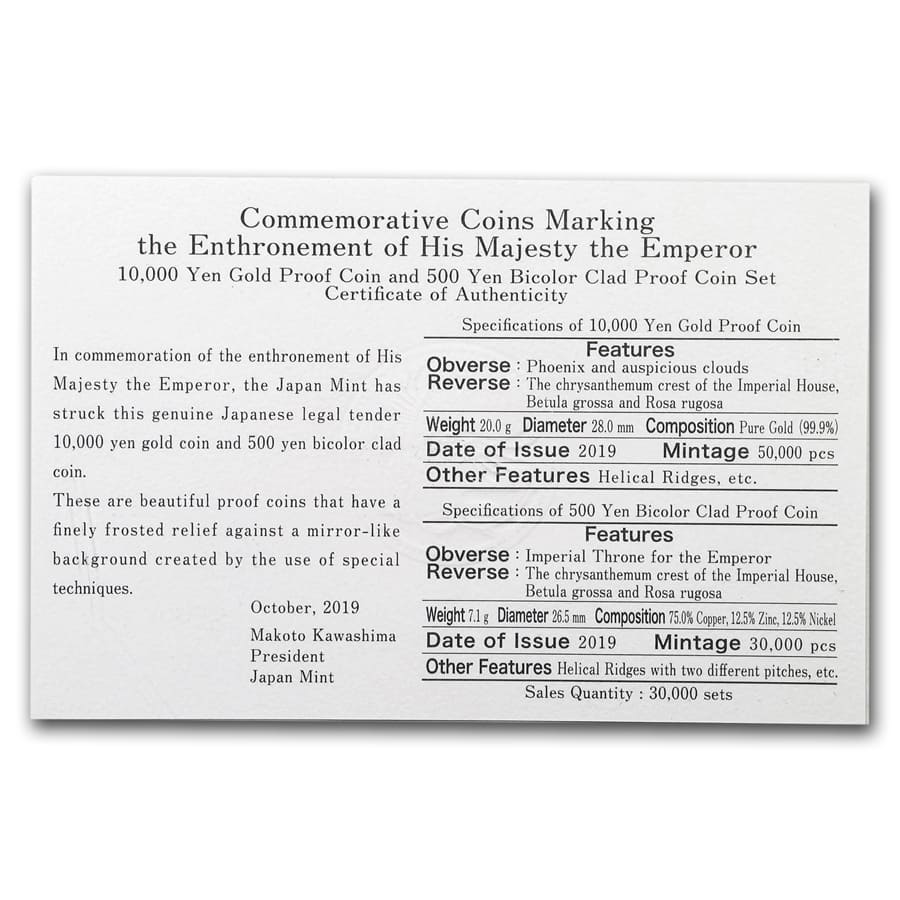

584.Ī classification supported by considerations of public policy and practical convenience, which would be valid under the equal protection clause of the Fourteenth Amendment if adopted by a State, is lawful, a fortiori, in the legislation of Congress, since the Fifth Amendment contains no equal protection clause.Ĥ. The fact that the Social Security Act, Title IX, supra, exempts from the tax employers of less than eight, and does not apply in respect of agricultural labor, domestic service in private homes, and some other classes of employment does not render it obnoxious to the Fifth Amendment. Such taxation was practiced in England and among the Colonies before the adoption of the Constitution.


The enjoyment of common rights, such as the right to employ labor, may constitutionally be taxed. 8, of the Constitution, and complies with the requirement of uniformity throughout the United States. The tax imposed by Title IX of the Social Security Act of August 14, 1935, upon the employer of labor, described as "an excise tax with respect to having individuals in his employ," and which is measured by prescribed percentages of the total wages payable by the employer during the calendar year, is either an "excise," a "duty," or an "impost," within the intent of Art.


 0 kommentar(er)
0 kommentar(er)
